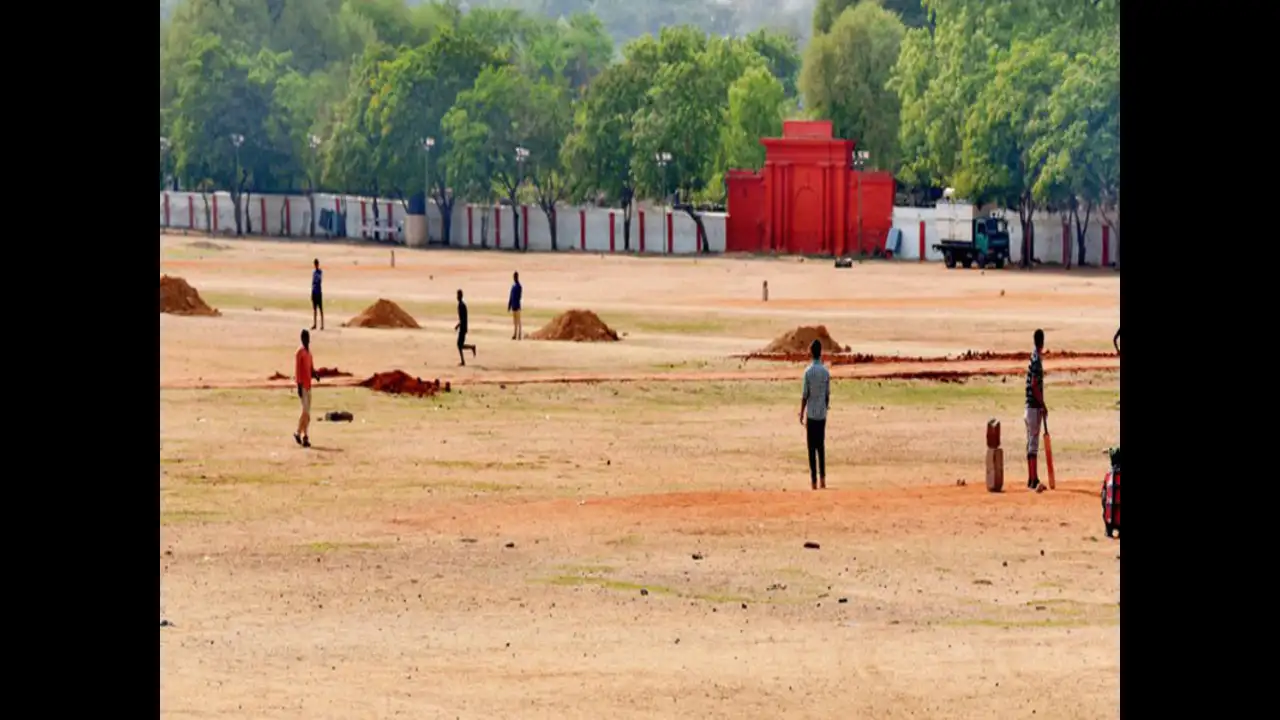The Brihanmumbai Municipal Corporation (BMC) has initiated the process of handing over reserved land parcels to private organisations for building and operating schools, under a Public-Private Partnership (PPP) model.
Having faced rejection three times in the past, the civic body has now issued invitations for Expressions of Interest after securing approval from the state government in 2023. Unlike previous attempts that focused on privatising existing municipal school buildings, the current plan offers vacant plots to private players, signalling a significant shift in Mumbai’s education policy.The BMC’s latest initiative proposes granting seven land parcels earmarked for educational use to private entities, who will be allowed to run the schools for a thirty-year tenure. The selected organisations can operate institutions affiliated with any board including HSC, CBSE, ICSE, IGCSE, or IB, with a mandatory reservation of 25 per cent seats under the Right to Education (RTE) Act.
While this model promises potential improvements in infrastructure and pedagogy, critics argue that it risks deepening educational inequality by steering civic education towards a paid model. With no cap on school fees, the BMC has limited itself to recommending adherence to state guidelines, raising concerns about affordability for underprivileged families.The policy’s re-emergence has reignited fears among activists, parents, and educationists. Many contend that the civic body’s decision could marginalise economically weaker sections and dilute the principle of free education. Despite assurances of minor annual revenue sharing between three to ten per cent, the larger worry remains whether privatisation will further alienate the city’s marginalised children from accessing quality education. Teachers’ unions have flagged anxieties over job security for existing staff, while parent forums stress that education should not become a privilege restricted by financial capacity.
also read : https://urbanacres.in/bmcs-strategic-investment-in-bests-future/
Proponents within the BMC justify the move as a pragmatic response to the crisis of falling enrolments and unsustainable costs. With an annual expenditure of approximately Rs 60,000 per student across its 1,129 schools, the civic authority contends that leveraging private expertise could revitalise the system. Yet sceptics insist that reforming existing structures through enhanced teacher training, infrastructure upgrades, and community engagement would have been a more sustainable path towards an equitable education ecosystem. They warn that a thirty-year lease risks fostering monopolies, suggesting instead a cautious approach with shorter terms and regular review mechanisms.
At present, the BMC plans to shortlist eligible private partners by mid-2025, with the expectation that construction will require two to three years before operations commence. However, amidst Mumbai’s broader ambitions for a sustainable and inclusive urban future, the privatisation of civic education poses serious questions about maintaining access, equity, and the spirit of public good in a rapidly transforming city. The unfolding developments will be keenly watched by all stakeholders who hope that Mumbai’s next generation receives not just modern facilities but also the equitable opportunities that public education promises.
also read : https://urbanacres.in/ghatkopar-faces-water-cut-and-diversions/
BMC opens civic land for private schools


